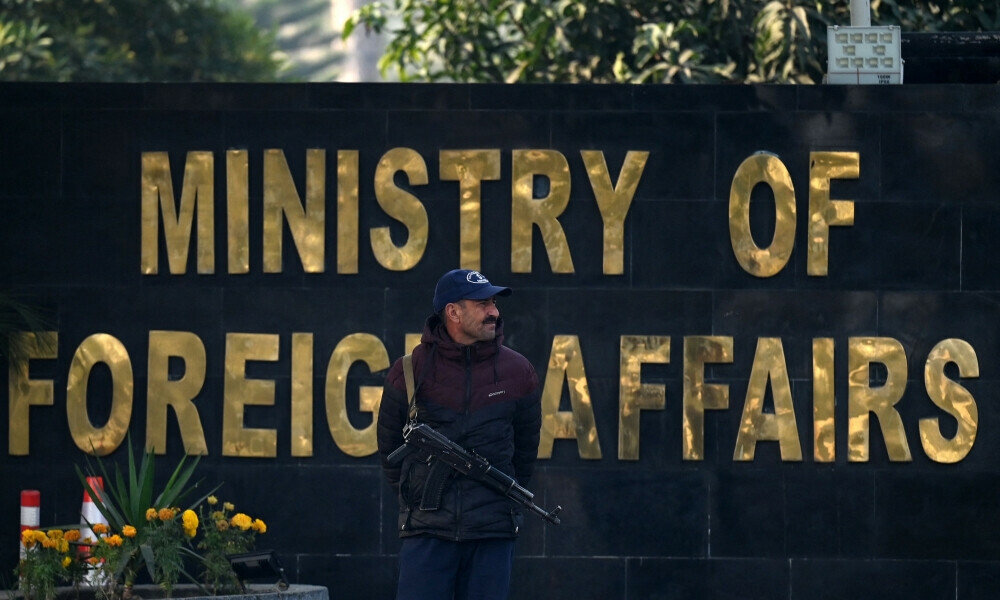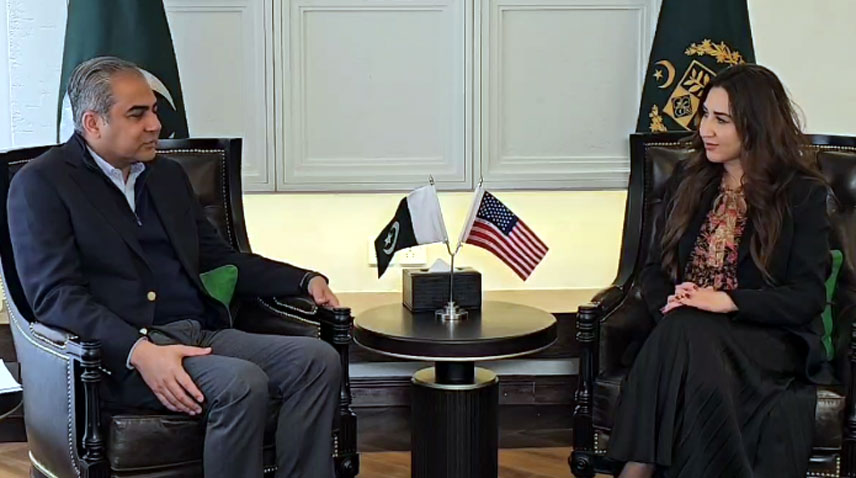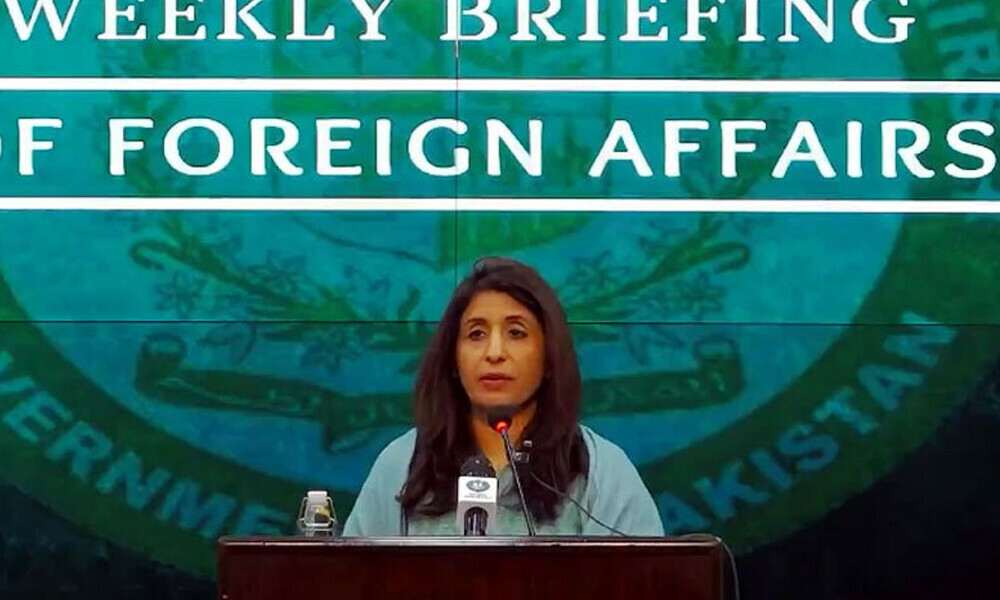PTBP Web Desk
Pakistan has expressed strong disapproval of the recent sanctions imposed by the United States on its National Development Complex (NDC) and three Karachi-based commercial entities. On Thursday, the Ministry of Foreign Affairs (MOFA) termed the decision “unfortunate and biased,” stating it undermines regional stability and reflects double standards in global non-proliferation practices.
On Wednesday, the US State Department announced sanctions targeting Pakistan’s long-range ballistic missile program. These measures were enacted under an executive order aimed at curbing the proliferation of weapons of mass destruction (WMDs) and their delivery systems.
State Department spokesperson Matthew Miller explained that the sanctions targeted the NDC and three commercial entities—Affiliates International, Akhtar and Sons Private Limited, and Rockside Enterprise—for their alleged involvement in procuring missile components and equipment.
The sanctions freeze any US-based assets belonging to the targeted entities and prohibit American citizens from engaging in business with them.
In a strongly worded statement, MOFA defended Pakistan’s strategic programs, emphasizing their significance as a “sacred trust” entrusted to the leadership by the nation’s 240 million citizens.
“The sanctity of this trust, held in the highest esteem across the entire political spectrum, cannot be compromised,” MOFA declared, underscoring the importance of the country’s missile program in ensuring national defense and strategic balance in South Asia.
MOFA highlighted that the US sanctions not only jeopardize Pakistan’s defense capabilities but also exacerbate military asymmetries in an already volatile region. The ministry warned of the dangerous implications these actions could have for regional and global peace.
“Such policies have dangerous implications for the strategic stability of our region and beyond,” the ministry noted, adding that the sanctions appear to be politically motivated and discriminatory.
MOFA criticized the US for its perceived double standards in non-proliferation policies. It pointed out instances where licensing requirements for advanced military technology were waived for other countries, undermining the credibility of non-proliferation regimes.
“These double standards and discriminatory practices not only undermine the credibility of non-proliferation regimes but also endanger regional and international peace and security,” MOFA stated.
The Islamabad-based NDC plays a pivotal role in Pakistan’s ballistic missile development, including the Shaheen series of nuclear-capable missiles. According to the US State Department, the NDC has actively sought missile components and testing equipment.
The sanctions also encompass three Karachi-based firms—Affiliates International, Akhtar and Sons Private Limited, and Rockside Enterprise. These companies are accused of working closely with the NDC to procure materials essential for missile development.
The sanctions carry significant ramifications for Pakistan’s defense sector, economy, and diplomatic relations:
- Defense Sector:
By targeting key players in Pakistan’s missile program, the sanctions aim to disrupt the procurement and development of long-range ballistic missiles, potentially hindering progress in the country’s strategic defense initiatives. - Economic Impact:
Freezing assets and banning US business engagements with the sanctioned entities could limit their operational capabilities and restrict international trade opportunities. - Diplomatic Tensions:
The sanctions risk straining US-Pakistan relations further, particularly at a time when regional stability and counterterrorism cooperation require collaborative efforts.
The latest sanctions align with the US’s ongoing efforts to address the proliferation of WMDs globally. In September 2024, the US imposed similar restrictions on a Chinese research institute and other entities allegedly involved in supplying Pakistan’s missile program.
State Department spokesperson Matthew Miller reiterated the US commitment to curbing proliferation, stating, “The United States will continue to act against proliferation and associated procurement activities of concern.”



